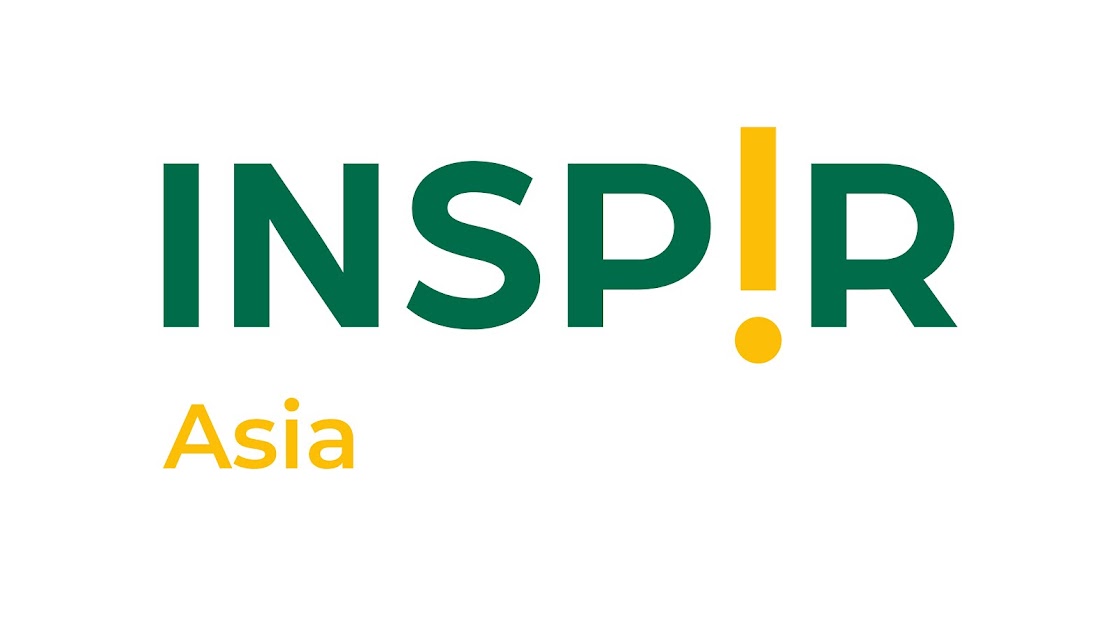After the Social Security passed, the New Labour Act was adopted last week by the Nepali Parliament. Following are some the reported major features:
1. Proposed law covers entire world of work including domestic workers.
2. This law has been agreed as the basic law; all employees will get wages and benefits as required by this law.
3. All forms of exploitative labour practices including child and forced labour is banned. Employers are restricted to make any agreement banning person from joining unions.
4. Employment structure is categorised as casual work, time-bound work, task based work and regular work. Whatever structure is made in employment contract- there will be no discrimination in terms of wages and benefits.
5. Basic Social protection measures such as gratuity, accidental benefits, sickness benefits, Medicare including workers saving– the provident funds is payable from day one of employment. Trainee and part time workers are also covered.
6. Outsource job is made more responsible, if the non-licensee recruiting agencies supply labour to any workplace; in principle, the employer is responsible to meet all benefits.
7. Making work appraisal transparent.
8. Without valid reasons and fulfilling lawful obligation, no one is to be fired from employment. In case of unlawful firing, the employer can be held accountable .Union leaders are protected during retrenchment.
9. Retiring age increased from 55 to 58 years.
10. Women workers enjoy better protection compared to the previous law:
11. Social dialogue
12. Leave facilities and Paid public holidays are increased and May Day and 8 March included.
13. Existing factory inspection system is broadened to labour inspection system.
14. Mechanism such as enforcement of agreement and judgement is included.
15. Few flexible provisions of the Act may invite negative consequences if union became less smart:
1. Proposed law covers entire world of work including domestic workers.
2. This law has been agreed as the basic law; all employees will get wages and benefits as required by this law.
3. All forms of exploitative labour practices including child and forced labour is banned. Employers are restricted to make any agreement banning person from joining unions.
4. Employment structure is categorised as casual work, time-bound work, task based work and regular work. Whatever structure is made in employment contract- there will be no discrimination in terms of wages and benefits.
5. Basic Social protection measures such as gratuity, accidental benefits, sickness benefits, Medicare including workers saving– the provident funds is payable from day one of employment. Trainee and part time workers are also covered.
6. Outsource job is made more responsible, if the non-licensee recruiting agencies supply labour to any workplace; in principle, the employer is responsible to meet all benefits.
7. Making work appraisal transparent.
8. Without valid reasons and fulfilling lawful obligation, no one is to be fired from employment. In case of unlawful firing, the employer can be held accountable .Union leaders are protected during retrenchment.
9. Retiring age increased from 55 to 58 years.
10. Women workers enjoy better protection compared to the previous law:
- Transport facilities are to be provided if women are working in night shift;
- 98 days of maternity protection leave, 60 days paid;
- In case of miscarriage of 7 months and above pregnancy, benefit is provided as of maternity;
- There will be no discrimination based on gender;
- Strong disciplinary action proposed against harassment.
11. Social dialogue
- a. Every two years, the minimum wage is reviewed.
- b. Common bargaining committee in agreement of multi-unions on enterprise level is added besides the right to take part in CBA by the authentic union.
- c. 21 days given for bilateral negotiation and 30 days given for labour office to reconcile collective disputes. In case no agreement is signed during that time, union may call for strike by giving 30 days notice except essential service or state of emergency or dispute in EPZ or parties agreed for arbitration or government refer the case to arbitration. Much emphasis on given to arbitration in labour dispute by providing the right to government to refer the case to arbitration. However, such arbitration award may be challenged within 5 working days.
- d. The collective agreement is valid as equivalent to law for 2 years and remains valid if it is not changed by the next CBA.
- e. Strike action should not be prohibited without providing an alternative mechanism for collective dispute settlement.
- f. There is no agreement on sectoral central bargaining, though Nepal already ratified ILO convention 98.
12. Leave facilities and Paid public holidays are increased and May Day and 8 March included.
13. Existing factory inspection system is broadened to labour inspection system.
14. Mechanism such as enforcement of agreement and judgement is included.
15. Few flexible provisions of the Act may invite negative consequences if union became less smart:
- a. Contractual, time-bound categories of employment may escalate, though workers of all categories are entitled to enjoy all benefits and social protection measures.
- b. Period of trainees may extend to 1 year, however with no difference in entitlement.
- c. Retrenchment can be done in consultation of union, here union need to be more responsible.
- d. Everyone is entitled to get minimum facilities as stipulated in the law, but more than minimum can be reduced through CBA- here union needs to be smart
- e. There is fixed list for termination of the workers, however, additions can be made through CBA. If a union plays foul, there will negative consequences.
